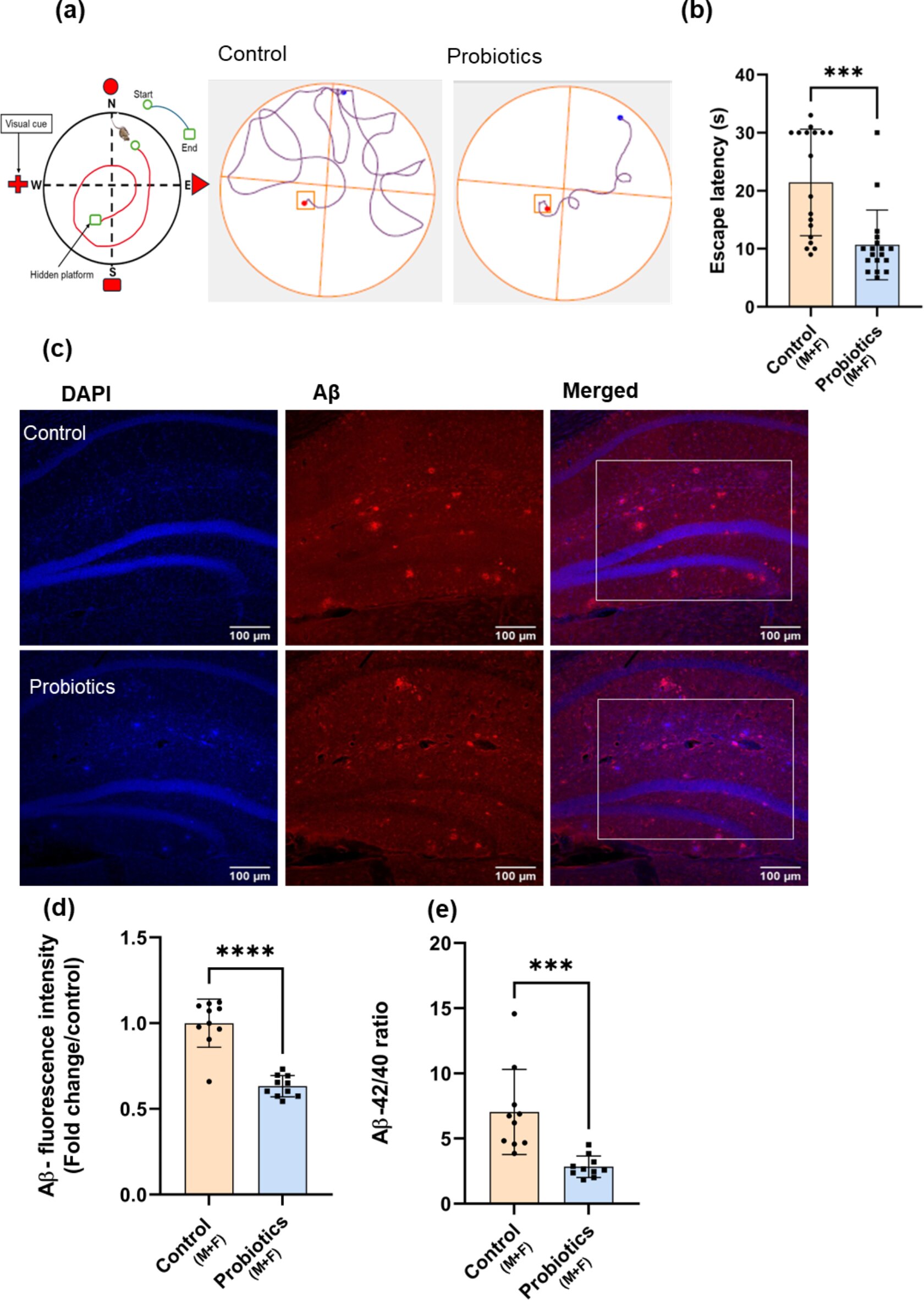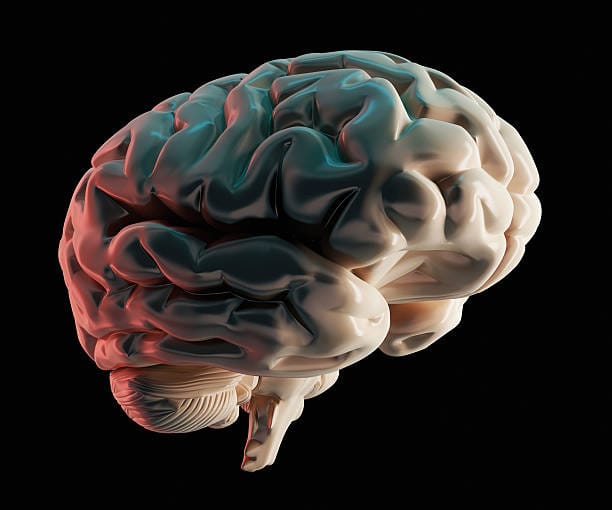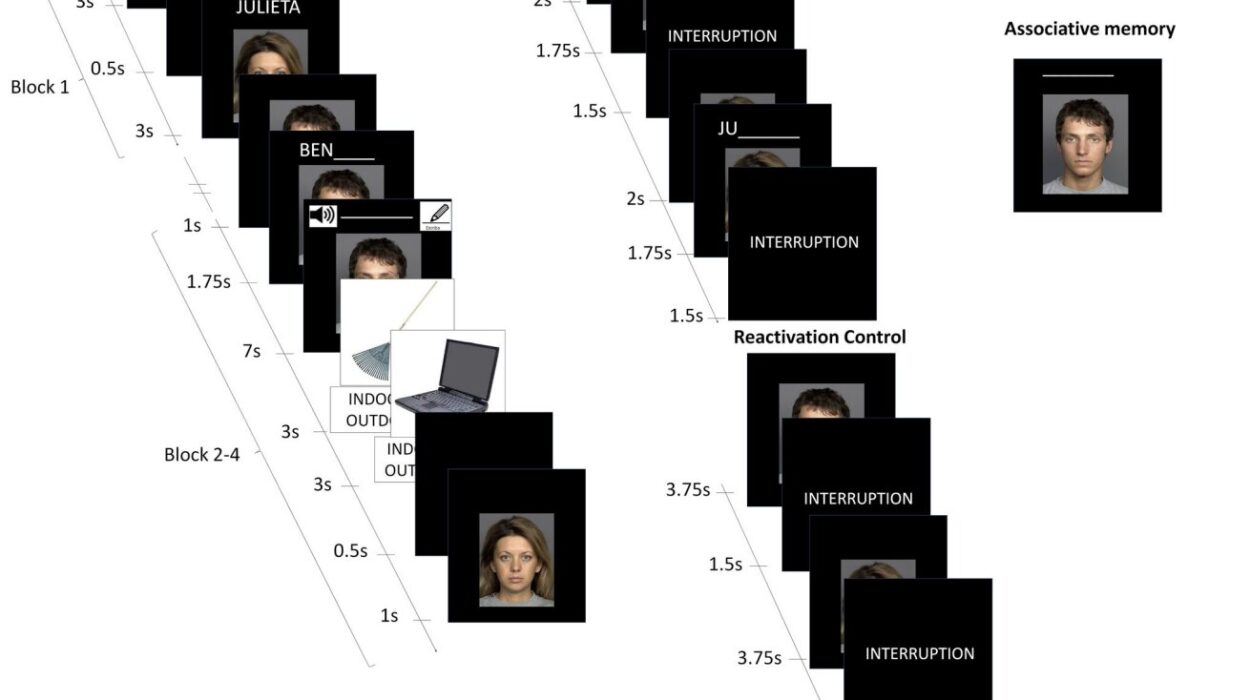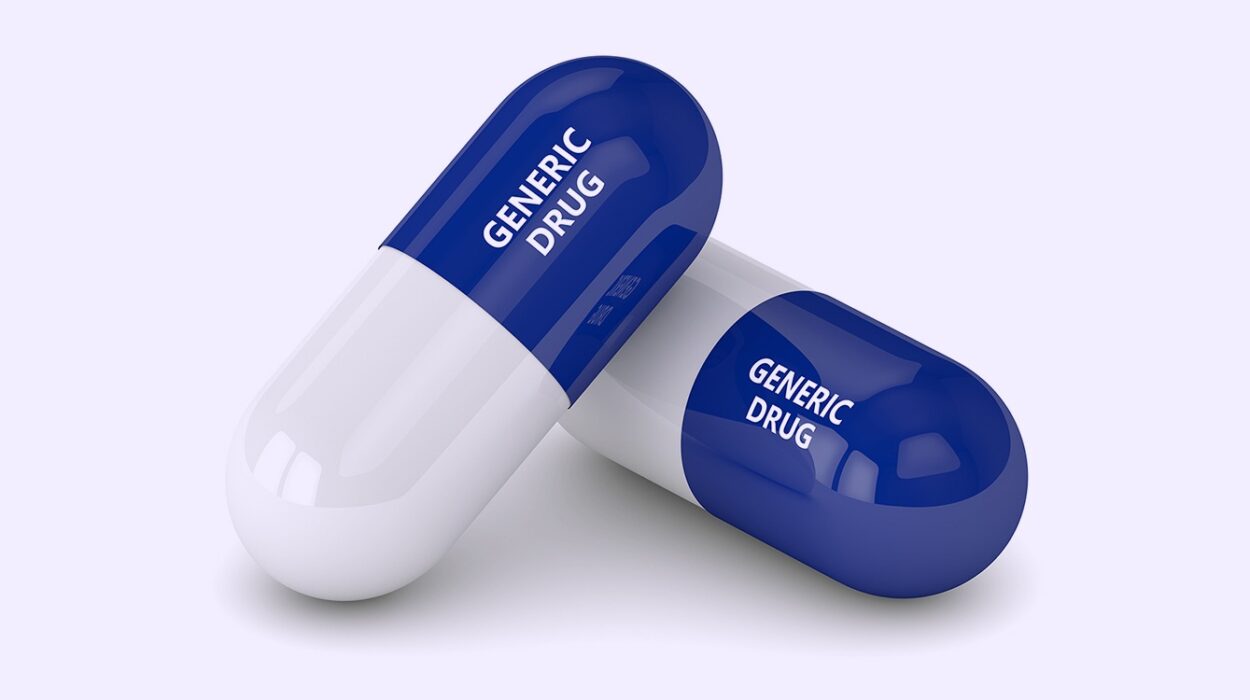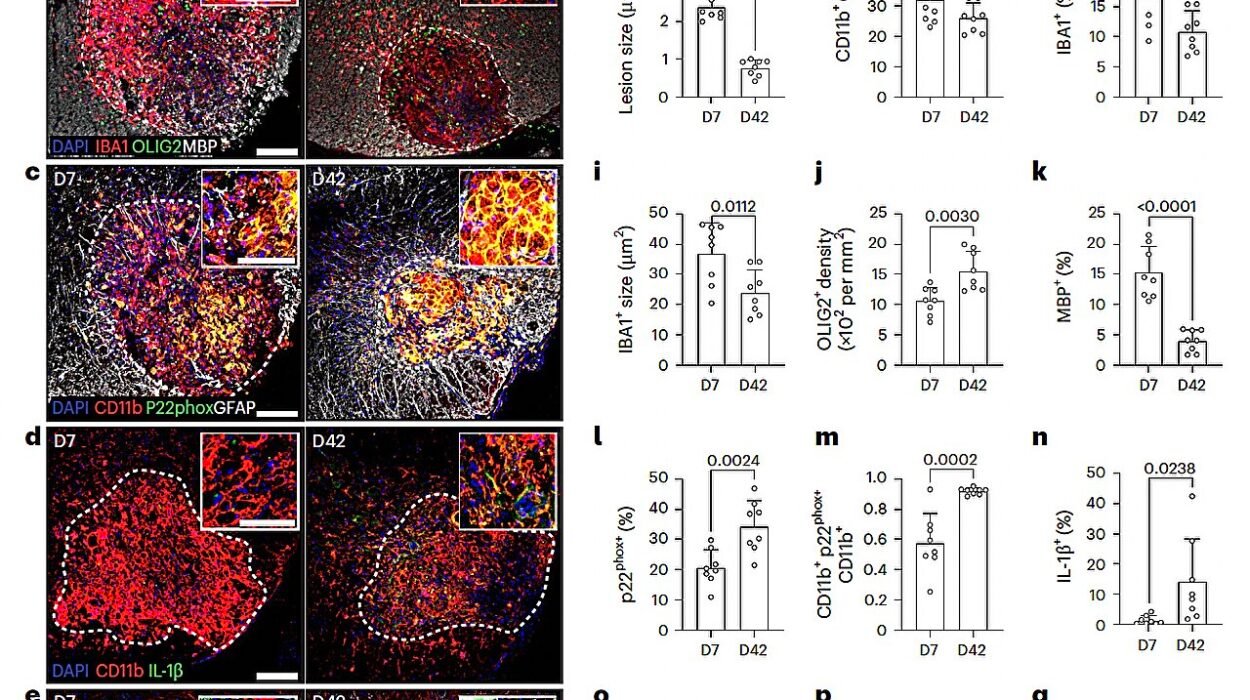In a gleaming laboratory nestled within the University of South Florida’s Health Center for Microbiome Research, Dr. Hariom Yadav is reimagining what the future of Alzheimer’s prevention could look like—not with high-tech brain implants or billion-dollar drugs, but with a simple, scientifically tailored drink. This isn’t your typical smoothie. It’s a powerful cocktail of probiotics—beneficial bacteria that, according to Yadav’s groundbreaking studies, may hold the key to preserving cognitive health in an aging population.
The premise is as deceptively simple as it is revolutionary: Heal the gut, and you might protect the brain.
A New Frontier in Alzheimer’s Prevention
Today, over 6 million Americans live with Alzheimer’s disease—a figure expected to double by 2060 as lifespans stretch longer and neurodegenerative diseases claim more ground. Historically, treatments for Alzheimer’s have fixated on the brain itself—targeting amyloid plaques and tangled tau proteins. But Dr. Yadav, a professor of neurosurgery and brain repair at the USF Health Morsani College of Medicine, is asking a different question: What if the roots of dementia extend beyond the skull?
In a study published in Scientific Reports in January, Dr. Yadav and his team introduced a probiotic mixture derived from human sources. Unlike over-the-counter yogurts or single-strain supplements, this blend comprises a community—multiple strains of bacteria that, when working in harmony, restore balance to the microbiome. The researchers administered the cocktail to mice with Alzheimer’s-like symptoms and observed promising effects: improved memory performance, reduced inflammation in the brain, and a tighter blood-brain barrier—a protective shield between our neural tissue and the bloodstream.
The Gut-Brain Axis: Where Microbes Meet Memory
The science behind this leap is both elegant and urgent. The human gut harbors trillions of microbes—bacteria, viruses, and fungi that influence digestion, immunity, mood, and, as it turns out, cognitive function. When this ecosystem falls out of balance—through age, diet, antibiotics, or illness—a condition called “dysbiosis” can arise. Harmful bacteria flourish, toxins leak into the bloodstream, and the body becomes chronically inflamed.
This inflammation doesn’t stay in the gut. Dr. Yadav’s team has shown that it travels—crossing a weakened blood-brain barrier, sparking immune responses in the brain, and damaging neurons. This chain reaction, beginning in the belly and ending in the brain, may silently pave the path to dementia.
“Think of it like a wildfire,” Dr. Yadav explains. “The inflammation starts in the gut. If the fence—the blood-brain barrier—is broken, the fire spreads. And once it’s in the brain, it’s much harder to put out.”
A Smarter, Safer Way to Intervene Early
Current medications for Alzheimer’s, including the latest monoclonal antibody therapies, are costly, have side effects, and work best only after symptoms have already set in. Dr. Yadav’s approach flips the paradigm: intervene early, naturally, and safely.
In the “Morris water maze” test—a standard for assessing spatial memory in lab animals—mice who drank the probiotic cocktail performed better and navigated more quickly to the hidden platform. Brain scans revealed fewer amyloid plaques and healthier neural connections.
What makes this research especially exciting is its accessibility. Unlike invasive surgeries or experimental drugs, a probiotic formulation could be added to a daily routine—perhaps mixed into a morning smoothie or taken as a capsule. It’s non-toxic, affordable, and lifestyle-friendly.
Dr. Santosh K. Prajapati, first author of the study, emphasizes the goal: “To create a safe, effective, and practical solution that people can use every day, long before symptoms of dementia emerge.”
Leaky Gut: The Silent Saboteur
The link between gut dysfunction and cognitive decline hinges on a concept known as “leaky gut.” Under normal conditions, the lining of the gut acts as a selective barrier, allowing nutrients to pass while keeping harmful particles out. But when this barrier breaks down—due to stress, diet, aging, or antibiotics—bacterial toxins slip into the bloodstream.
These toxins don’t go unnoticed. Immune cells mobilize in response, unleashing an inflammatory storm. When these immune cells reach the brain, they can trigger microglia—the brain’s own defense cells—to attack healthy neurons. The result? Chronic neuroinflammation, a hallmark of Alzheimer’s and other neurodegenerative diseases.
“My analogy is an angry kid,” says Dr. Yadav. “They throw a tantrum in the house—banging doors, shouting. That’s what inflammatory cells do. They don’t always know where to go, but once they enter the brain, they cause chaos.”
The Unsung Role of Gut Viruses
Dr. Yadav’s work doesn’t stop at bacteria. In another study published in Gut Microbes, his team focused on the gut virome—the collection of viruses that inhabit our digestive tract. Specifically, they examined bacteriophages, viruses that infect bacteria. Their findings were startling: individuals with cognitive decline had a markedly different virome profile compared to healthy controls.
As people age, these viruses increase in number and influence. Bacteriophages can disrupt beneficial bacterial communities by infecting and lysing them, contributing to dysbiosis. This destabilization amplifies inflammation, which may accelerate cognitive decline.
“Viruses in the gut are the wild cards of the microbiome,” says Adewale James, a Ph.D. candidate and first author of the virome study. “They’ve been largely ignored because they’re harder to study. But now, we’re starting to see that they might be the missing link between gut health and brain function.”
The Long View: A Preventive Philosophy
Dr. Yadav emphasizes that Alzheimer’s isn’t a disease that develops overnight. “It’s a journey—decades long. Each bad meal, each round of antibiotics, each year of stress and poor sleep—all those small insults accumulate in the gut, sending subtle but damaging signals to the brain.”
Genetics certainly play a role, but lifestyle—especially diet—can tip the scales. This is both sobering and empowering. It means that daily choices may have long-term consequences, but also that we possess the power to intervene early and meaningfully.
Toward a New Kind of Medicine
With plans underway for clinical trials and potential commercial partnerships, Dr. Yadav and his team stand at the forefront of a medical revolution. They’re not just offering a new pill—they’re reshaping how we think about disease prevention, highlighting the critical interdependence of body systems that medicine has long treated as separate.
The probiotic cocktail isn’t a cure—yet. But it represents a new direction in Alzheimer’s research: away from reactive drugs, and toward proactive wellness. It’s science not just aimed at treating disease, but at preserving quality of life.
As the world’s population continues to gray, and neurodegenerative diseases threaten to overwhelm health systems and families alike, the need for gentle, effective, preventive strategies has never been greater.
Dr. Yadav’s mission, once viewed as niche, is now gaining traction at the global level. In the end, it might not be a new pill or an advanced scan that protects our most precious memories. It could be something as simple—and profound—as taking care of our gut.
Conclusion: Healing Begins in the Gut
The story of Dr. Yadav’s probiotic cocktail is more than a scientific breakthrough—it’s a hopeful message. That even amid the growing burden of dementia, there is light. That the complex dance between microbes and memory can be choreographed toward health. That small, daily changes—like nurturing your gut—can lead to lasting protection for your brain.
And perhaps, one day soon, the journey to preserving our minds won’t begin in a neurologist’s office, but at the bottom of a glass.
References: Santosh Kumar Prajapati et al, Protection of Alzheimer’s disease progression by a human-origin probiotics cocktail, Scientific Reports (2025). DOI: 10.1038/s41598-024-84780-8
Adewale S. James et al, Abnormalities in gut virome signatures linked with cognitive impairment in older adults, Gut Microbes (2024). DOI: 10.1080/19490976.2024.2431648
